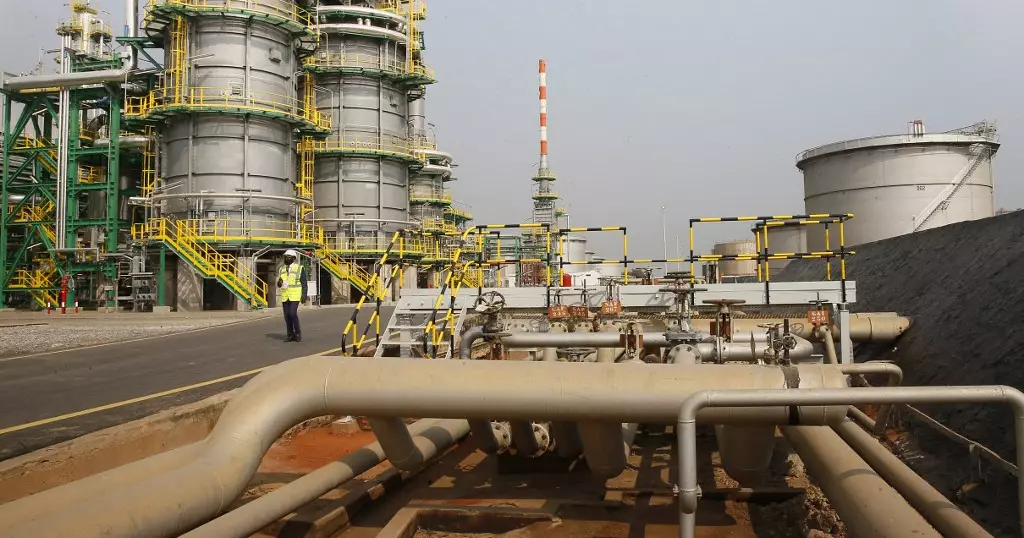Sonangol, a company that operates along the oil value chain, managed, last year, to maximize the gains resulting from the increase in the prices of crude oil and derivatives observed with the recovery from the effects of the Covid-19 pandemic, thanks to the adoption of a cost reduction policy, especially at the height of the Covid-19 pandemic, in 2020 and 2021.
This statement was made by Sonangol EP’s Director of Planning, Edson Pongolola, in an interview published throughout the week in the company’s newsletter, indicating that the option consisted of cost reduction and cost containment to face the closure of economic activity and the conditioning of social mobility, with the oil company having to face one of the biggest challenges to maintain the solvency level. “The oil industry experienced a major crisis with the spread of the Covid-19 pandemic, so the closure of commercial activities and social mobility inflicted a heavy blow on the sector and installed one of the biggest challenges of recent years”, he recalled. According to Edson Pongolola, Sonangol, as an engine of the national economy, needed to adapt to the new scenario as quickly as possible, in order to maintain essential production levels, despite the prevalence of the critical situation.
The Planning director considered that, with the decision to cut costs, it was possible to obtain positive results. “This combination of efforts, in line with the evolution of the market after we had recovered from the restrictions imposed by the pandemic, allowed us to have greater capacity to meet market needs and to get back to the ‘cost’ element in our operations, in 2021, in addition to of the advantage we had resulting from the appreciation of the price of the barrel”, said Edson Pongolola.
Win and lose
Sonangol’s challenge is that, despite benefiting from the high price of a barrel of oil, it also suffers when refined prices rise, due to the high import component of the latter. “It has been common, in recent months, to see that the price of a barrel of crude oil tends to evolve on a monthly basis that is around 8.0 percent, but refined prices evolve between 12 and 13 percent: if not there is a combination to reduce costs, we may have difficulties in taking advantage of the differences”, he noted. At this moment, he continued, Sonangol remains stable in its operations from the point of view of meeting market needs, with operating volumes that, in general, exceed those of 2021. “This is largely due to the resumption of economic activity, as well as the greater mobility of people and goods, which made consumption levels of refined products higher than those observed last year, at this time, with expectations of which, by the end of the year, will far exceed the numbers for 2021”, he said.
Figures from Sonangol’s report and accounts for last year indicate that the company made a profit of US$2.1 billion, a growth of 152 percent compared to 2020 and a complete reversal, as it had closed that year with a loss of 2.5 billion, which is the best result of the oil company since 2014. The company also reported a consolidated turnover of US$8.9 billion at the end of that year, up 46 percent from the previous year, as well as an EBIDTA (earnings before taxes and depreciation) of US$3.4 billion. , an increase of 70 percent over the same period last year.
![]()




